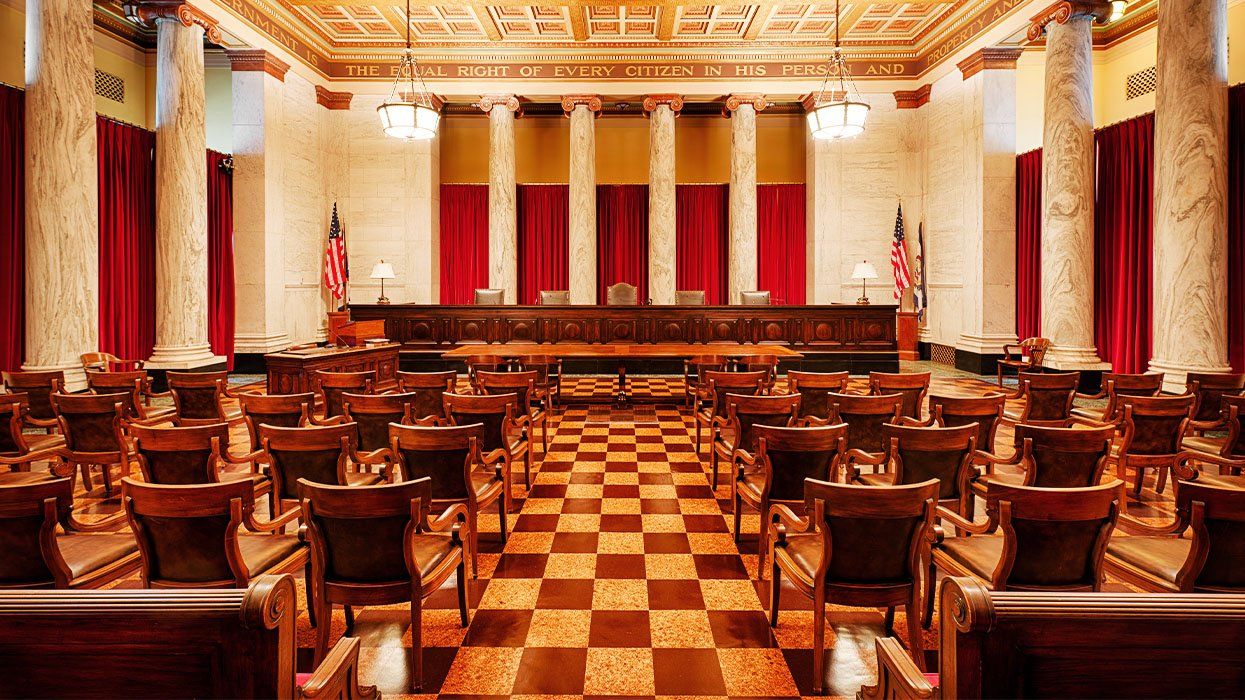The Republican-dominated state senate in West Virginia overwhelmingly passed a bill that would strip some local protections for LGBTQ+ people and other classes of marginalized people, local NBC affiliate WBOY reports. The bill passed by a vote of 25 to 8.
The West Virginia Human Rights Act outlaws employment discrimination based on a person’s age, ancestry, color, national origin, race, religion, blindness, or disability, but not a person’s sexual or gender identity.
Senate Bill 579 (SB579) would revise the rules for local communities paying to participate in the Municipal Home Rule Program, which was passed in 2007 and allows participating municipalities to tailor local laws and ordinances to better serve their communities.
Under SB579, the municipalities participating in the Municipal Home Rule Program would be prevented from passing “an ordinance, act, resolution, rule, or regulation” that “recognizes additional classes of persons entitled to protection in addition to those classes of persons recognized by existing state statutes, and any such existing ordinances are void and unforceable [sic].”
Presently, 13 municipalities participating in the Municipal Home Rule Program have passed protections that would be voided by the bill: Beckley. Charles Town, Charleston, Fairmont, Harpers Ferry, Huntington, Lewisburg, Martinsburg, Morgantown, Shepherdstown, South Charleston, Wardensville, and Wheeling.
Local activists sounded the warning about the communities impacted by the proposed bill.
"This isn’t just politics… it’s people’s rights, safety, and livelihoods on the line,” the local activist group Friendlier City Project in Wheeler posted to social media. “Now, the bill moves to the House. We must act NOW.”
The former mayor of Wheeling told WBOY his town gave careful consideration and wide support to their local protections.
“Back in 2016, when I first got elected mayor, we passed that ordinance. So, you know, we had, you know, multiple public input,” Glenn Eliott said. “We had a town hall out at the White Palace where we had 400 people show up. We gave it six months of deliberation and we passed it 7 to 0 after careful, thoughtful input from everybody.”
The bill is now before West Virginia’s House Judiciary Committee.





































































Charlie Kirk DID say stoning gay people was the 'perfect law' — and these other heinous quotes